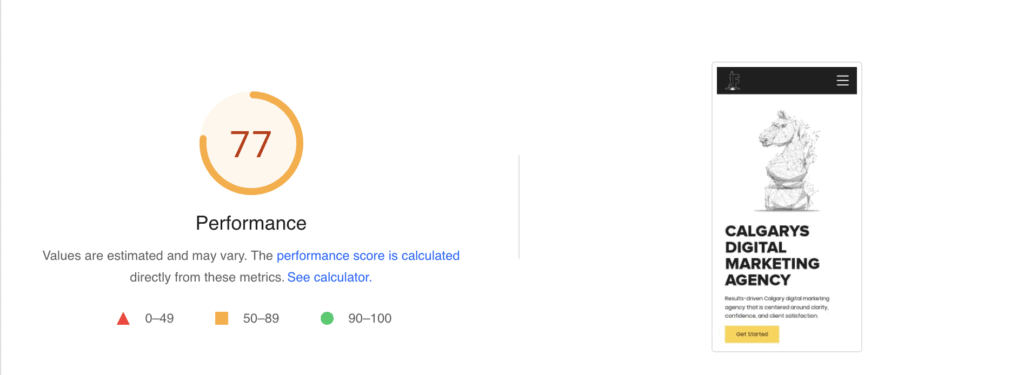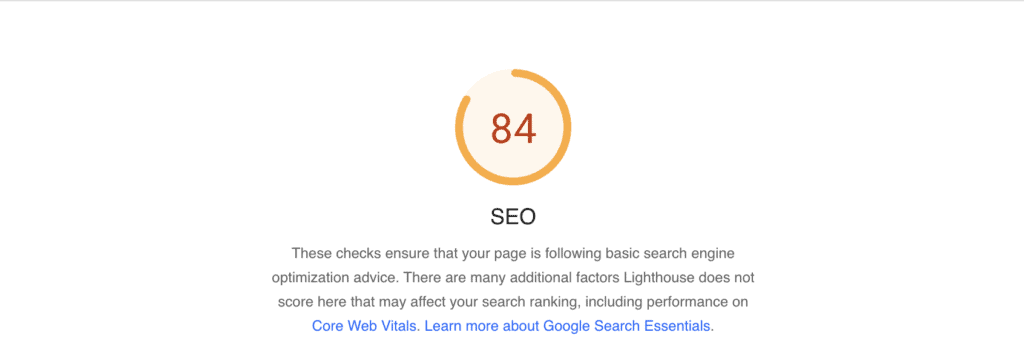Comprehensive Digital Audit is Critical for Your Business Success

A comprehensive digital audit of your online presence can help you identify gaps in your marketing strategy and create a plan for success. Contact In Front Marketing for a consultation if you need help conducting a digital audit or developing a comprehensive digital marketing strategy.
As a strategic success manager for In Front Marketing, it has been my experience that we often advise clients to conduct a comprehensive digital audit of their online presence.
The purpose of a digital audit is to evaluate all aspects of your digital marketing strategy, including your website, SEO, advertising, social media channels, video, and content.
A digital audit can help you identify gaps in your current strategy and create a plan for success that leverages SERP intent.
Here are the benefits of a comprehensive digital audit:
- Identify weaknesses in your website: A digital audit will identify website design, user experience, and navigation issues that can negatively impact your website’s ranking in search engine results. With a comprehensive audit, you can develop a plan to fix these issues and improve the overall user experience of your website.

Evaluating a website is based on 4 main categories. Performance is your main pillar.
- Optimize SEO: A digital audit will also identify gaps in your SEO strategy, such as keyword targeting, meta descriptions, title tags, and other technical SEO factors. Optimizing your SEO can improve your website’s visibility and ranking in search engine results.

SEO is important for a website because it helps improve the website’s visibility and ranking in search engine results.
- Maximize advertising ROI: A digital audit can help you evaluate your advertising campaigns, including ad copy, targeting, and budget allocation. With a comprehensive audit, you can identify areas for improvement and maximize your advertising ROI.
- Improve social media engagement: A digital audit can help you evaluate your social media presence, including your profile, content, and engagement. With a comprehensive audit, you can identify opportunities to improve your social media engagement and build brand awareness.
- Enhance video and content strategy: A digital audit can help you evaluate your video and content strategy, including your blog, email marketing, and other content channels. With a comprehensive audit, you can identify gaps in your content strategy and develop a plan to create engaging content that resonates with your audience.
Here are the steps to consider when conducting a digital audit:
- Define your business goals: Identify how digital marketing can help you achieve them.
- Analyze your current digital marketing strategy: Evaluate your current digital marketing strategy, including your website, SEO, advertising, social media channels, video, and content.
- Identify gaps and opportunities: Identify gaps and opportunities in your digital marketing strategy and create a plan to address them.
- Develop a comprehensive digital marketing strategy: Develop a comprehensive digital marketing strategy that leverages SERP intent and aligns with your business goals.
- Monitor and adjust: Monitor the performance of your digital marketing strategy and adjust as necessary to achieve your business goals.
In conclusion, a comprehensive digital audit of your online presence can help you identify gaps in your marketing strategy and create a plan for success.
You can achieve your business goals and build a robust digital presence by optimizing your website, SEO, advertising, social media channels, video, and content.
Contact In Front Marketing for a consultation if you need help conducting a digital audit or developing a comprehensive digital marketing strategy.
Questions to Ponder
- How effective is my current digital marketing strategy?
- Are my website and social media channels optimized for search engines and user experience?
- How can I improve my website’s loading speed, mobile responsiveness, and security?
- Do I have conversion tracking set-up?
- Am I collecting data to make informed decisions?



